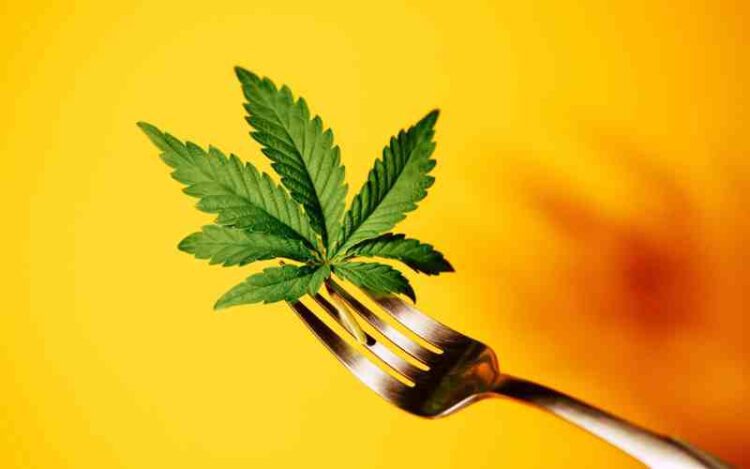Supporters of hemp and industry professionals recently urged the federal government to simplify the access to cannabidiol, as a House of Representatives subcommittee held a session to scrutinize the U.S. Food and Drug Administration’s resistance to treat CBD as an ingredient in food items, beverages, and nutritional supplements.
In the session convened last Thursday by the House Monitoring and Accountability Committee’s Subcommittee on Health Care and Financial Services, both legislators and witnesses condemned the FDA’s unwillingness to regulate CBD. They also highlighted the effects of this inaction on those individuals and families seeking to utilize the health and wellness advantages offered by this cannabinoid.
“The absence of a federal guideline has resulted in the expansion of unregulated items, some of which present substantial concerns regarding quality, safety, and consumer protection,” said Jonathan Miller, chief legal officer for the U.S. Hemp Roundtable industry group, in his statement to the subcommittee.
During her initial statement at the hearing, Lisa McClain, a Republican Representative and the chair of the subcommittee, pointed out that “if an average consumer today purchases a CBD product from a store, in numerous instances, there is no method for them to confirm its purity or even the quantity of CBD present, or trust in the FDA’s regulation enforcement.
“As a matter of fact, a study that analyzed nearly 3,000 CBD products discovered that only one-fourth of the brands tested their CBD products for purity and merely sixteen percent of products tested had only what was declared on their labels,” McClain added. “This is because the FDA hasn’t regulated CBD as a dietary supplement or food additive since hemp was legalized five years ago.”
Hemp Made Legal In 2018
With the 2018 Farm Bill’s approval, Congress made hemp farming and trade legal five years ago. However, the FDA has been unwilling to regulate hemp-derived CBD in foods, beverages, and dietary supplements since then, announcing in January that it would require additional legislation from Congress to do so.
“This announcement has created market ambiguity and instability, which has hindered the capacity of legitimate manufacturers to market CBD products,” she noted. “This favors only those who exploit the confusion and flood the market with potentially harmful products. The FDA must improve and utilize their current authority to supervise how derived products effectively fulfill their intended function.”
Witnesses also stressed how the FDA’s lack of a regulatory framework for hemp-derived CBD has contributed to an influx of products containing psychoactive cannabinoids, such as delta-8 THC, being sold without regulation, even to minors on occasions. While none of the witnesses demanded a ban on these products, they all advocated for stringent safety regulations to keep them away from children.
“In a number of states, including Kentucky, most delta-8 THC products are available through unregulated marketplaces such as convenience stores, smoke shops, gas stations, and can even be ordered online. These products are often not reliably tested and have been found to contain many impurities,” stated Richard A. Badaracco, the Kentucky Narcotic Officers Association’s president-elect and a retired Drug Enforcement Administration agent. “Assuming these products remain legal, the optimal approach is to follow Kentucky’s example, where the General Assembly this year unanimously passed legislation to strictly regulate these products and keep them away from minors.”
Paige Figi, the Coalition for Access Now’s founder, has been a vocal CBD advocate for over ten years after realizing that it greatly reduced her daughter Charlotte’s seizure frequency. Charlotte, who passed away in 2020 at the age of 13 after a lengthy battle with refractory epilepsy, had benefited significantly from CBD. After attending the hearing from her home in Colorado Springs last week, Figi called on the FDA to make CBD more accessible to families nationwide.









